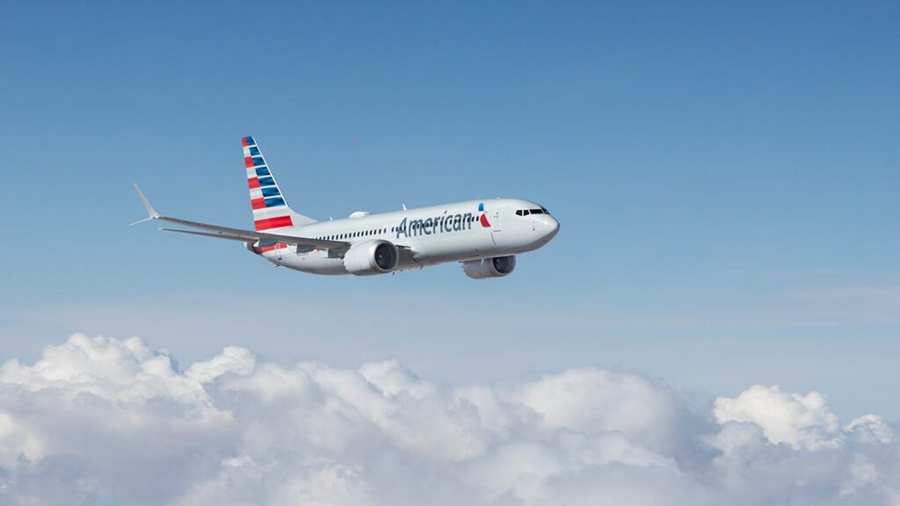Tracking Your Luggage with Apple AirTags
Traveling can be an exciting adventure, but dealing with lost luggage can quickly turn it into a frustrating experience. Fortunately, modern technology offers a solution to help you keep tabs on your belongings: Apple AirTags. These small tracking devices have made a significant impact on how passengers monitor their luggage.
The Journey of Lost Luggage
Airline passengers have discovered just how unpredictable their luggage can be. For instance, there have been cases where bags took unexpected detours, traveling to dozens of cities without their owners. One Alaska Airlines traveler found out that his suitcase journeyed to 37 different locations. An American traveler witnessed his bag visiting 35 cities. In another unfortunate situation, a passenger learned that his luggage had been donated to charity by an airline, leaving him without his belongings and with no chance to claim the value of his lost items.
The AirTag Advantage
In the recent iOS 18.2 update, Apple introduced a new feature that allows AirTag users to share the location of their tags with others, including certain airlines. This capability is integrated through WorldTracer, a computer network used by airlines and airports to keep track of lost or delayed baggage. Initially, 18 airlines were part of this program, among them:
- Aer Lingus
- Air Canada
- Air New Zealand
- British Airways
- Delta Air Lines
- United Airlines
- and more.
American Airlines has recently joined this initiative, although they have yet to make a formal announcement.
Why American Airlines Needed AirTags
American Airlines has been known for having one of the highest mishandling rates for luggage in the industry. This failure to accurately match luggage with its owners costs the airline an estimated $50 million annually. With AirTags, American Airlines can now more effectively track the location of their passengers’ luggage, helping to reduce the number of lost bags.
Setbacks in Baggage Tracking
In the past, the airline’s management was hesitant to invest in modern baggage tracking technology, believing that it should wait for competitors to improve their systems first. This reluctance has contributed to the ongoing difficulties the airline experiences with mishandled luggage, affecting customer satisfaction.
Is an AirTag Worth It?
If you’re contemplating whether to purchase an AirTag, keep the following points in mind:
- The cost of an AirTag ranges from $24.75 to $29.
- Studies suggest that fewer than 1% of all checked bags are lost, and most misplaced luggage is found within 24 hours.
This means if you don’t travel frequently or don’t carry expensive items, you may not need an AirTag. However, if you fly often or take valuable items such as electronics or jewelry, investing in an AirTag could be worthwhile. With this device, you can track your luggage in real time, significantly improving your chances of retrieving it if it goes missing.
Conclusion
As airport technology continues to evolve, tools like Apple AirTags provide significant advantages for travelers concerned about lost luggage. With the ability to track your belongings and share the location with airlines, you can travel with greater peace of mind. If you’re a frequent flyer, consider investing in an AirTag to stay connected with your suitcase, explore new destinations, and minimize the stress of travel.
